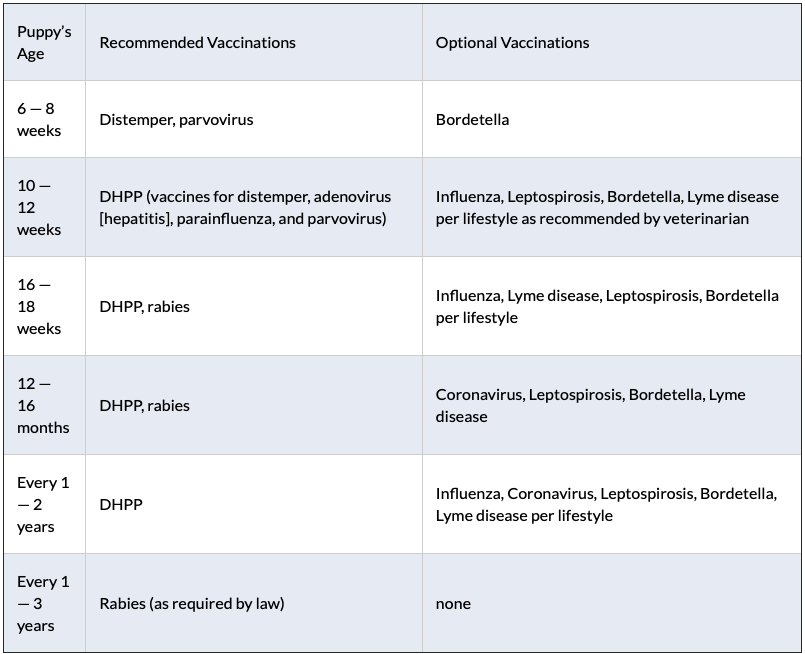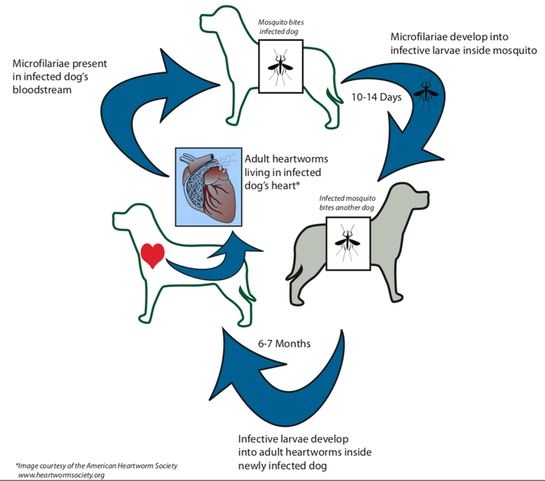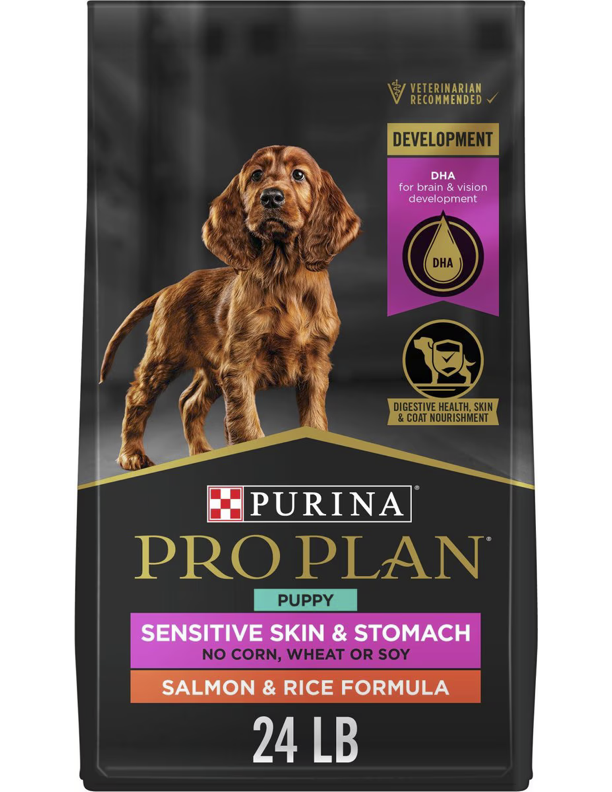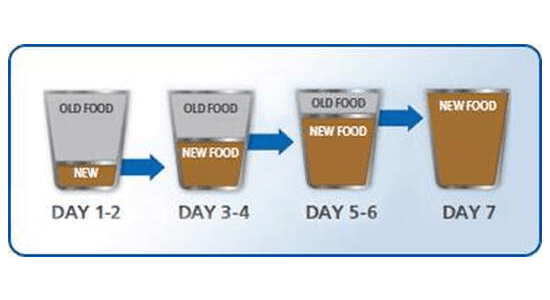Answer: If you choose, your Frenchie puppy comes with the proper registration for its breed and litter type. All puppies are microchipped before leaving. A one year health guarantee included. Vaccine history informing you of all the vaccinations your puppy has received is included. A record including when your puppy had been de-wormed and other medications they may have received is included.
Question: How long do I have to wait before taking my French Bulldog puppy outside or in public places?
Answer: Vets recommend waiting until 10-14 days after your puppy’s last vaccination booster — usually at around 14–16 weeks of age — before introducing them to the wonders of local parks, beaches, and walking trails. You may, however, introduce your Frenchie puppy to known “safe dogs” who are up to date on their vaccines in a safe environment such as your backyard.
Below is a typical vaccination schedule for a puppy.

Question: How do I get my puppy shipped? Can I come to pick them up?
Answer: If coming to pick up your puppy isn’t an option, we offer domestic ground shipping and domestic and international air nanny shipping. Please contact us for an exact quote.
Question: What is a microchip?
Answer: A pet microchip—the size of a grain of rice—goes beneath your pet’s skin. This permanent ID can never be removed or become impossible to read.
Dog and cat microchipping is a simple procedure. A veterinarian simply injects a microchip for pets, about the size of a grain of rice (12mm), beneath the surface of your pet’s skin between the shoulder blades. The process is similar to an injection and takes only a few seconds. No anesthetic is required.
The microchip itself has no internal energy source, so it will last the life of your pet. It is read by passing a microchip scanner over the pet’s shoulder blades. The scanner emits a low radio frequency that provides the power necessary where the chip is located to transmit the microchip’s unique cat or dog ID code and positively identify the pet.
If your pet gets lost and is taken to an animal shelter or veterinarian, they will scan the microchip to read its unique dog or cat ID code. This is the number used to identify the pet and retrieve your contact information, which is used to contact you and reunite you with your pet.
Note from Johnson House Bullies:
All puppies that leave Johnson House Bullies are implanted with a microchip. The cost for upkeep from a microchip service is about $19.99 per year depending on the service you choose.
We do not want to see any of our productions in a shelter.
Question: What are Heartworms and how do I prevent them?
Answer: Since your puppy was born in the south where mosquitoes are nearly a year-round pest, we recommend your puppy be on heartworm prevention for the rest of their natural life. We protect our puppies to the best of our abilities and in most cases have given at least one dose of heartworm preventative before they leave for their new homes.
“Puppies under 7 months of age can be started on heartworm prevention without a heartworm test (it takes at least 6 months for a dog to test positive after it has been infected), but should be tested 6 months after your initial visit, tested again 6 months later and yearly after that to ensure they are heartworm-free.”
Heartworm Disease – What Is It and What Causes It?
Heartworm disease is a serious disease that results in severe lung disease, heart failure, other organ damage, and death in pets, mainly dogs, cats, and ferrets. It is caused by a parasitic worm called Dirofilaria immitis. The worms are spread through the bite of a mosquito. The dog is the definitive host, meaning that the worms mature into adults, mate, and produce offspring while living inside a dog. The mosquito is the intermediate host, meaning that the worms live inside a mosquito for a short transition period in order to become infective (able to cause heartworm disease). The worms are called “heartworms” because the adults live in the heart, lungs, and associated blood vessels of an infected animal.
In the United States, heartworm disease is most common along the Atlantic and Gulf coasts from the Gulf of Mexico to New Jersey and along the Mississippi River and its major tributaries, but it has been reported in dogs in all 50 states.

Question: What brand of puppy food do you feed?
Answer: We feed Purina Pro Plan Puppy Sensitive Skin & Stomach Salmon & Rice Dry Dog Food.

Question: How often do I feed my puppy?
Answer: Puppies should be fed three times a day. At around six months you may start feeding twice a day for convenience.
Question: How do I switch my puppy to the brand of food I want to use?
Answer: Over 7 days or more, gradually decrease the amount of the current puppy food while increasing the amount of new puppy food. Use this same formula when they transition from puppy food to adult dog food. If you switch too fast your puppy will get digestive upset like diarrhea and vomiting that may result in needing to see a vet.

Question: How long to keep my Frenchie on puppy food?
Answer: At Johnson House Bullies we keep our puppies on puppy formula until they are around 10 – 12 months old.
